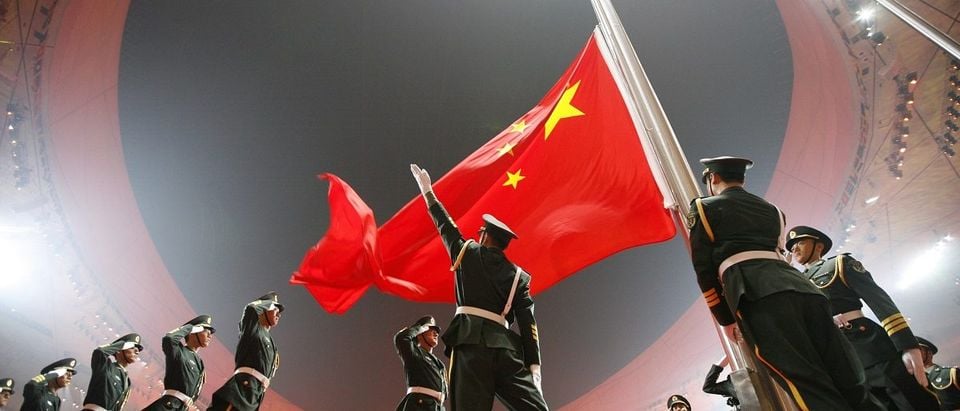The Chinese government dismantled CIA spy operations in China by killing or imprisoning more than a dozen sources from 2010 through 2012, in what some intelligence officers think was the result of a mole in the agency, reports The New York Times.
Beijing killed at least a dozen CIA sources and imprisoned several others, former and current U.S. officials told The New York Times. One asset was reportedly shot in front of his coworkers. The systematic campaign largely did away with a CIA espionage network that took the U.S. years to build.
Intelligence coming out of China was at its best early in 2010, but by the end of the year, the flow had decreased. By 2011, the CIA realized that their sources were disappearing.
“The CIA considers spying in China one of its top priorities, but the country’s extensive security apparatus makes it exceptionally hard for Western spy services to develop sources there,” reports The New York Times, highlighting the significant damage caused by the eradication of intelligence assets.
Some officials think a mole tipped the Chinese off, revealing the identities of CIA sources. The FBI and CIA launched an investigation, code-named Honey Badger, into the situation. Investigators suspected a former agency operative who oversaw operations in China and decided to remain in Asia after he left the CIA. The man, a Chinese-American intelligence officer, left the CIA before the leaks began. He had access to the identities of key informants.
Other officials who talked to The New York Times suspect that China hacked the covert communications channel. Still others believe that American officers and their sources simply got careless at a time when Chinese spycraft was improving rapidly.
By 2013, the CIA had managed to blunt China’s elimination of intelligence assets, although it is unclear how the agency achieved this outcome.
China is particularly sensitive to the dangers of foreign espionage, but at the same time, it is highly aggressive in its own spy operations against other countries, especially the U.S.
Some Chinese cities pay citizens to hunt foreign spies.
Beijing is now offering thousands of dollars to Chinese people who share information on “foreign intelligence agencies and other hostile forces” engaging in espionage or subversion. “If you see something, report it anonymously and walk away with a cool half a million yuan ($72,382) reward,” the China Daily reported in April.
Spying “s a major security threat that we cannot afford to ignore,” the People’s Liberation Army (PLA) Daily argued in January, “If a war were to break out tomorrow, intelligence would be our Achilles heel.”
The article claimed that foreign spying has cost China dearly in the past.
Before the Sino-Japanese War, Japan sent spies into the Qing government to collect intelligence for nearly two decades. When war broke out, China didn’t stand a chance.
“We are determined to step up our counterespionage efforts, and we are certain that we can contain activities that are harmful to China’s national interests,” the report explained.
While China is determined to sabotage spy operations in country, it has been very active conducting espionage on foreign soil. For instance, a Chinese businessman named Su Bin, together with two Chinese agents, was responsible for the theft of important data on the F-35 Lightning II Joint Strike Fighter and other U.S. military programs.
Su Bin was sentenced to several years in prison last year.
China should “show our gratitude and respect for his service to our country,” the Global Times, a Chinese tabloid, wrote in response. “On the secret battlefield without gunpowder, China needs special agents to gather secrets from the US.”
Send tips to ryan@
All content created by the Daily Caller News Foundation, an independent and nonpartisan newswire service, is available without charge to any legitimate news publisher that can provide a large audience. All republished articles must include our logo, our reporter’s byline and their DCNF affiliation. For any questions about our guidelines or partnering with us, please contact licensing@dailycallernewsfoundation.org.


